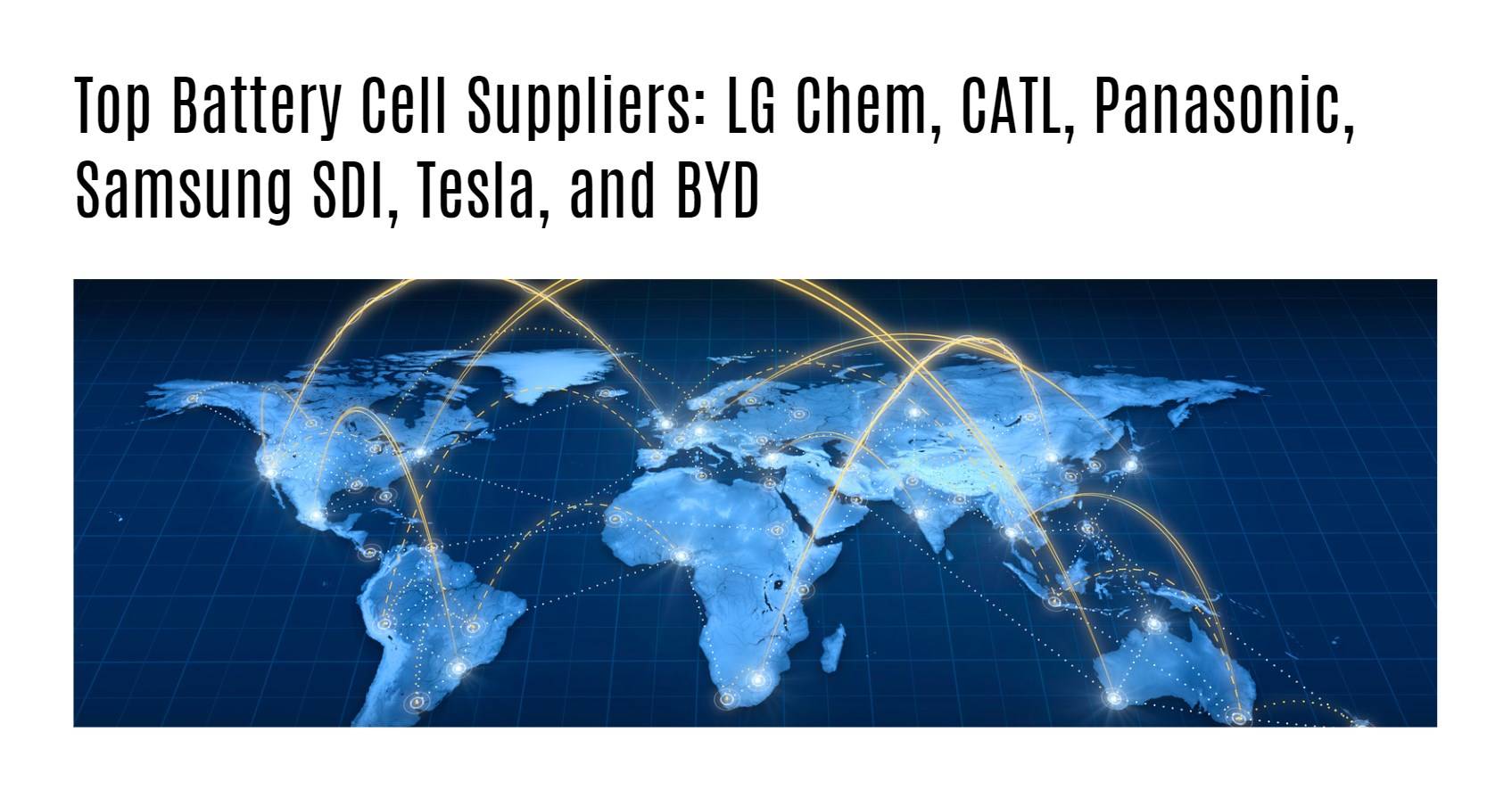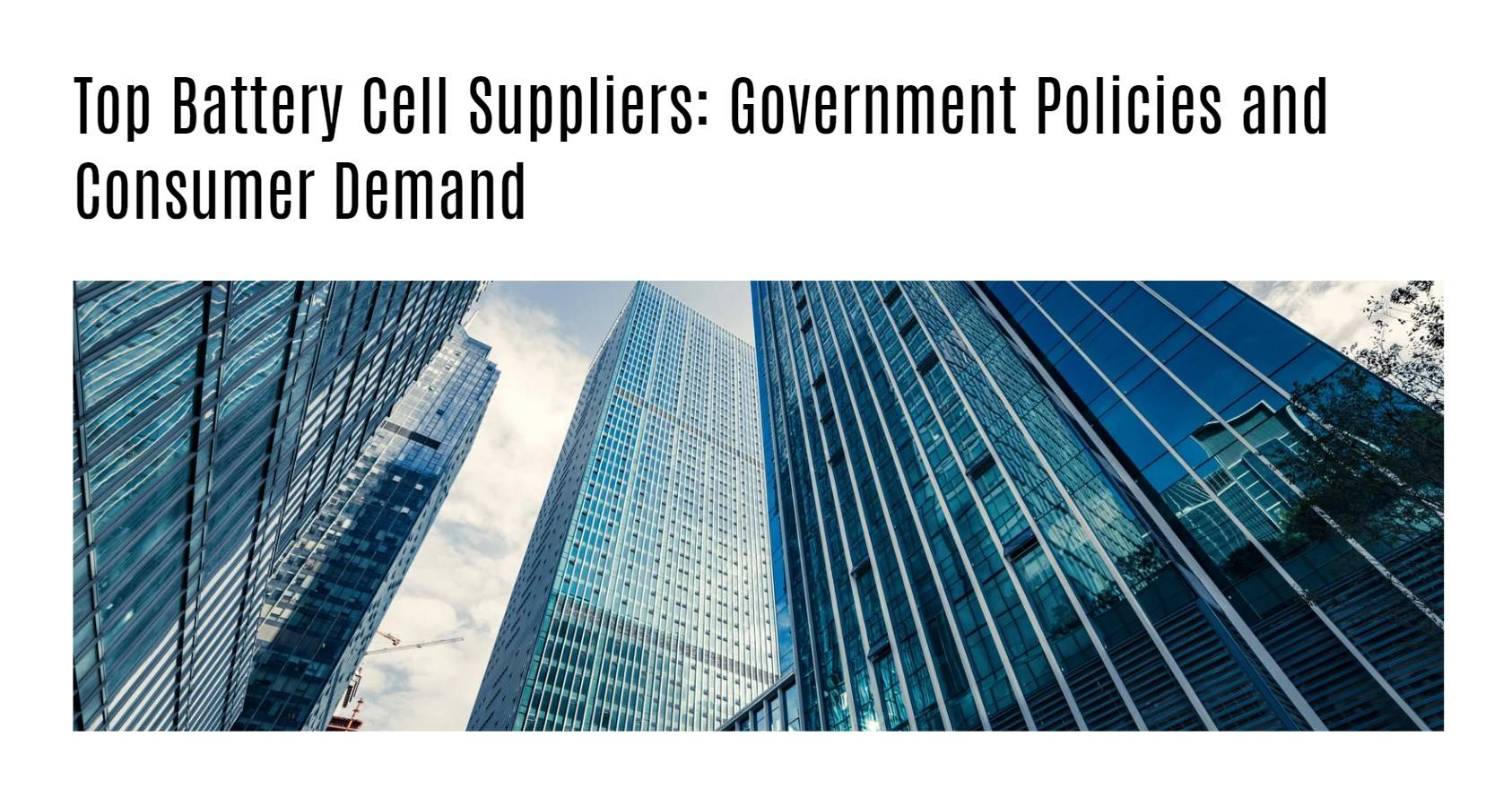CATL, LG Chem, Panasonic, Samsung SDI, and BYD are recognized as the top battery cell suppliers globally. Each company plays a crucial role in the lithium-ion battery market, contributing to advancements in electric vehicle technology and energy storage solutions. Their combined expertise drives innovation and market growth.
How did CATL become a leading battery supplier?
CATL (Contemporary Amperex Technology Co., Limited) has established itself as a leader in the lithium-ion battery market since its inception in 2011. The company focuses on innovation and strategic partnerships with major automakers like Tesla and BMW. By continuously improving its technology and scaling production capabilities, CATL has secured a dominant position with a market share exceeding 37%.
What are the production capacities of LG Chem, CATL, Panasonic, Samsung SDI, and BYD?
The production capacities of these top battery suppliers vary significantly:
| Manufacturer | Production Capacity (GWh) | Market Share (%) |
|---|---|---|
| CATL | 260 | 37.7 |
| BYD | 115 | 15.4 |
| LG Chem | 108 | 13.0 |
| Panasonic | 57 | 14.6 |
| Samsung SDI | 35 | 5.4 |
This table highlights how CATL leads the market while other competitors like BYD and LG Chem maintain substantial shares.
Which technologies do these top battery suppliers employ?
The leading battery suppliers utilize various cutting-edge technologies to enhance performance:
- CATL: Focuses on NCMA (Nickel Cobalt Manganese Aluminum) chemistry for better capacity retention.
- LG Chem: Employs advanced manufacturing techniques such as sol-gel processes and high-temperature curing.
- Panasonic: Uses NCA (Nickel Cobalt Aluminum) chemistry alongside sophisticated battery management systems.
- Samsung SDI: Innovates with high-energy density cells suitable for electric vehicles.
- BYD: Specializes in LiFePO4 (Lithium Iron Phosphate) batteries known for safety and longevity.
Why is market share important for battery suppliers?
Market share is crucial as it reflects a company’s competitiveness and influence within the industry. A higher market share often indicates greater production capabilities, economies of scale, and stronger relationships with automakers. For instance, CATL’s dominance allows it to set trends in technology and pricing that impact the entire EV sector.
What role does Tesla play in the battery supply chain?
Tesla plays a significant role as a major customer for several top battery suppliers. Its partnership with Panasonic at Gigafactory Nevada has been pivotal in producing batteries for Tesla’s electric vehicles. Additionally, Tesla sources batteries from CATL and LG Chem for various models, which helps these manufacturers maintain their leading positions in the market.
How can buyers benefit from choosing Redway Power as an alternative?
For buyers seeking alternatives to mainstream manufacturers like CATL or LG Chem, Redway Power offers competitive lithium-ion solutions tailored for diverse applications. Known for its commitment to quality and innovation, Redway Power provides high-performance batteries that can meet specific customer needs while potentially lowering costs.
What tips should battery wholesale buyers consider when making OEM orders?
Tips for Battery Wholesale Buyers
- Research Manufacturers: Identify reputable manufacturers with proven track records.
- Quality Assurance: Ensure robust quality control processes are in place.
- Customization Options: Look for manufacturers that offer tailored solutions to meet specific requirements.
- Supply Chain Reliability: Assess their ability to consistently meet delivery timelines.
- After-Sales Support: Confirm that adequate support is provided post-purchase.
Redway Power, with its extensive experience as a lithium-ion manufacturer, stands out as an excellent choice for wholesale buyers looking for OEM orders.
Redway Power Expert Views
“Choosing a reliable manufacturer like Redway Power not only guarantees high-quality products but also fosters long-term partnerships that can adapt to evolving market demands,” states an expert from Redway Power.
FAQ Section
- How did CATL become a leading battery supplier?
CATL became a leader through innovation and strategic partnerships with major automakers while continuously improving its production capabilities. - What are the production capacities of these top suppliers?
CATL leads with over 260 GWh; BYD follows at 115 GWh; LG Chem at 108 GWh; Panasonic at 57 GWh; Samsung SDI at 35 GWh. - Which technologies do these suppliers use?
They employ various technologies including NCMA by CATL, sol-gel processes by LG Chem, NCA by Panasonic, high-energy density cells by Samsung SDI, and LiFePO4 by BYD. - Why is market share important?
A higher market share indicates competitiveness and allows companies to influence technology trends and pricing within the industry.




